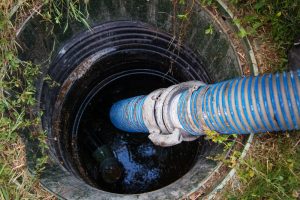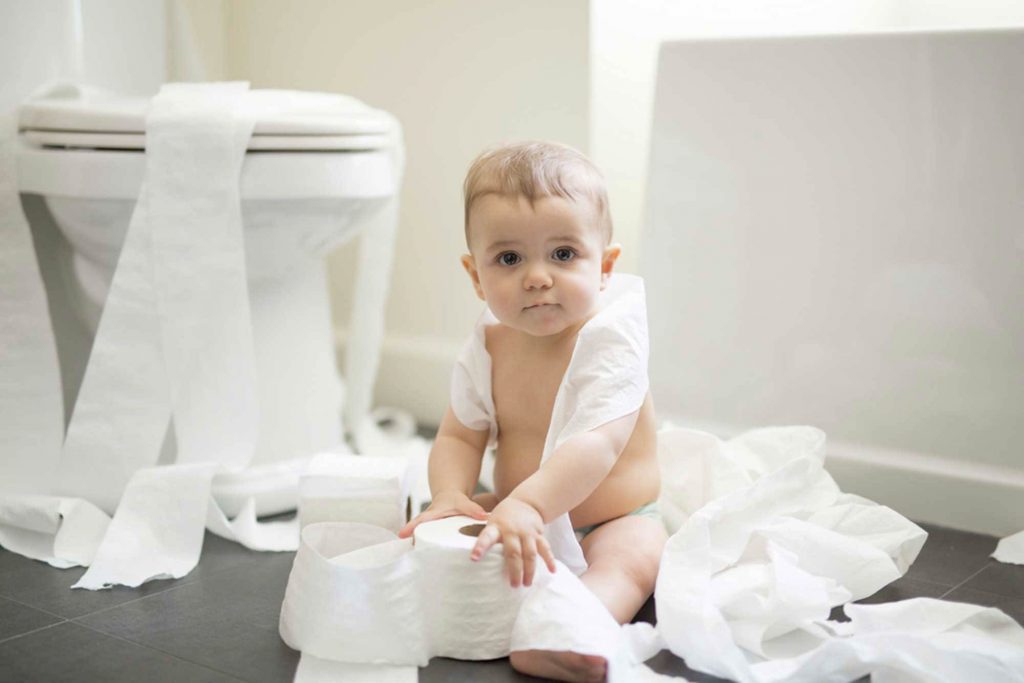Tips for Proper Grease Trap Pumping Maintenance

The Grease Trap is one of the most undervalued devices in your restaurant kitchen. Grease traps enable proper disposal of garbage, making them an essential part of a well-functioning commercial kitchen. For this reason, proper maintenance of grease traps is a necessary activity in commercial kitchens to maintain an efficient and safe working environment. We’ve compiled a list of tips to help you maintain your restaurant grease trap properly!
Kitchen Restaurant
1. Check for Proper Installation
If you’re planning to use a garbage disposal facility in your commercial kitchen, it’s imperative that your installation company installs a waste disposal facility after a grease trap. If the garbage disposal is mounted first, the grease trap can be lined with ground food sludge, which decreases the reliability of the grease trap. You should also check that the grease trap is the right size for your needs before it is installed. The amount of food your kitchen cooks eat, the type of food you eat, your average number of customers, and the number of staff who wash dishes will all help to determine the correct size of the grease trap for your kitchen.
2. Look for Grease in Your Trap
When your Grass Trap is first installed, you should be looking for Grass. After you’ve been using your trap for a few days, there’s a fat deposit in your trap. Little or no grease in your trap may indicate improper installation. If you notice that the grease is pooling somewhere other than your trap, there might be a leak. If the grease is not stored correctly in your trap, you can call a specialist to reinstall the trap. It is important to check the correct installation early to avoid any issues with your trap later on.
3. Install Strainers
To prevent large solids from entering grease traps, you should install strainers in your sinks, dishwashers, and floor drains. When solids enter your grease trap, they can create clogs that prevent them from functioning properly. These problems may lead to serious and even permanent damage. For this purpose, you should stop allowing large pieces of food, rubber gloves, silverware, towels or any other large items to penetrate your grease trap. Installing strainers is the best way to catch these solids to prevent them from entering your trap.
4. Stop dumping grease down the drain
If you spill grease directly down the sink, it can lead to clogging in your drains and grease traps as well as overworked grease traps. You should stop dumping oil down the drain to avoid these problems. Then, dump the oil into a separate container. Your grease trap pumping company will collect this excess grease when it pumps out your trap. Make sure to use a metal bucket or tub that is made of a substance other than plastic, as the plastic can crack when it has a hot grease inside.

5. Disposing food waste
Avoiding dumping fat down your drain is a good start, but you really should try to prevent other things from going down your drain. Although some food scraps will go down your drain and enter your grease trap, you should always scrape the dishes in the trash to minimize the amount of food that goes down the drain. Avoid using garbage disposal when you can and be sure that the strainers in your drain are often empty. While food will eventually invade your grease trap, the less food you eat, the better.
6. Pump Your Grease Trap Regularly
In order to ensure that your grease trap is properly maintained, it is important to set up a regular maintenance cycle with a professional grease trap company. The company will help you determine the correct frequency for your kitchen, but the rule of thumb is that your grease trap should be pumped when it is 1⁄4 full of FOGS (fat, oil, grease, and solids). If your trap is too full of fat, it won’t work properly. Therefore, Grease Trap Pumping on a regular basis is essential to ensure that it performs optimally.
7. Have a good drain cleaner
Occasionally drains in your restaurant can get filled with grease, food build-up, and more. When these cloggings occur, you should call for professional drain cleaning services. A professional drain cleaner is going to jet the pipes, blow them completely clean, totally scraping their walls. A good cleaning of the drain will help keep the pipes dry. Clogs may interfere with the functioning of your grease trap, leading to costly maintenance problems. For this cause, it is necessary to have skilled drain cleaning to prevent clogging and expensive maintenance problems.
8. Avoid DIY Maintenance
When there are problems with your grease trap, you might be tempted to try to fix them yourself to avoid spending money on repairs. However, trying to perform maintenance on your own can lead to unintended damage that will lead to even more costly repairs. Professionals have the right tools for the job and are well trained to deal with maintenance issues. For this reason, if you have any problems with your grease trap, you should call the professionals to avoid costly repairs.
Tips for Proper Grease Trap Pumping Maintenance Read More »